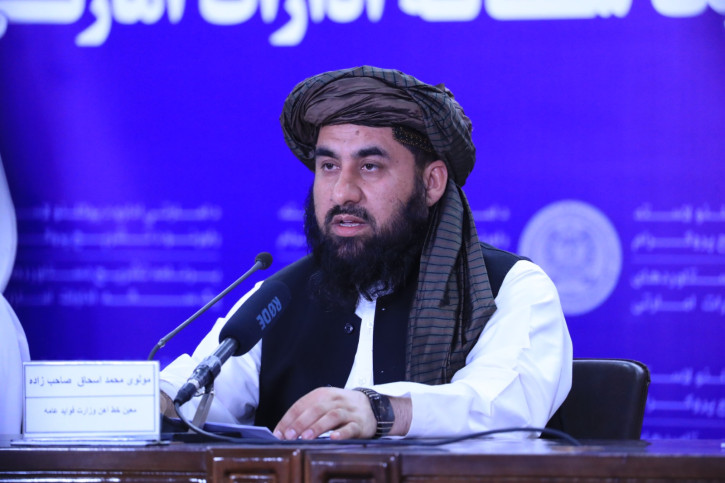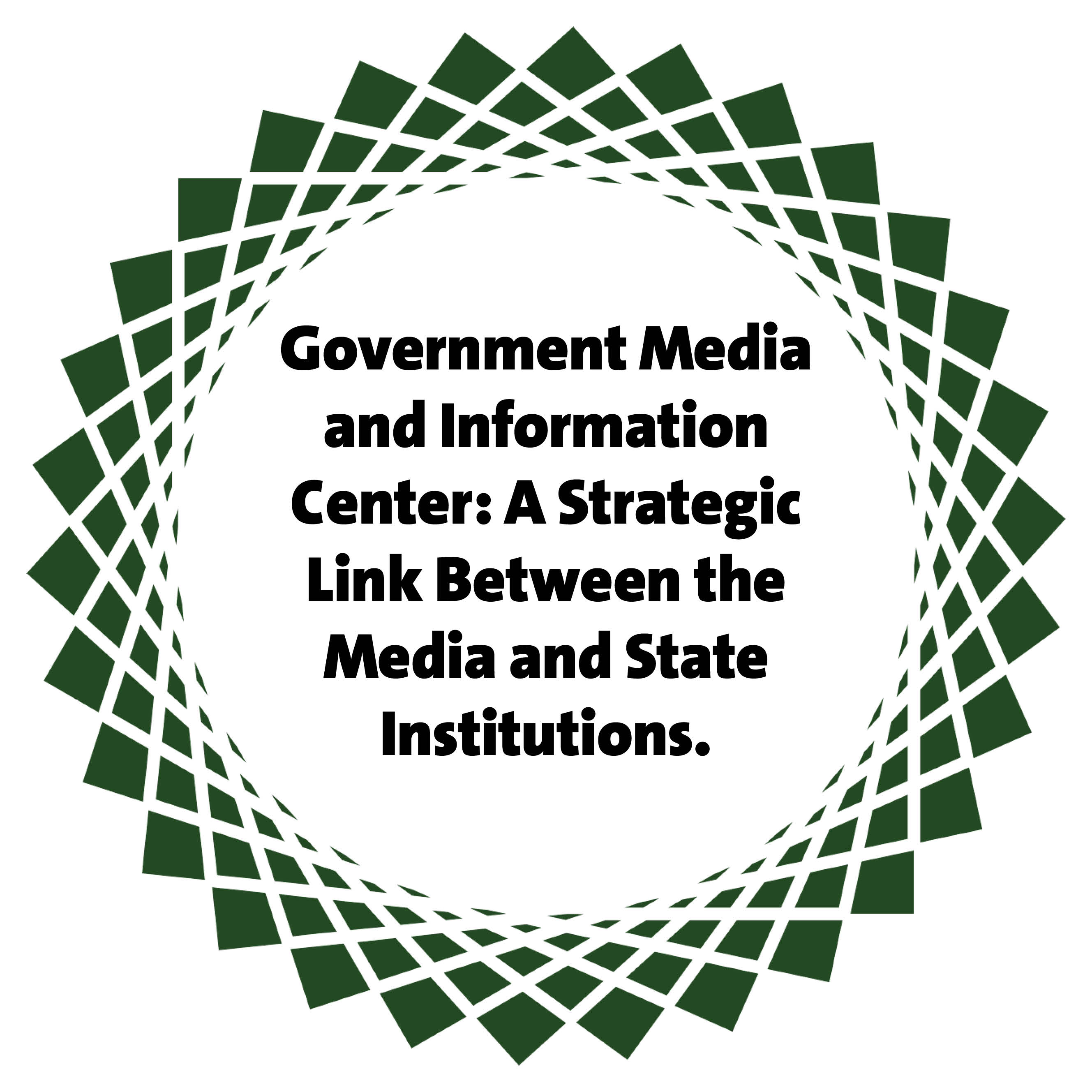NEPA: Significant Efforts Have Been Made for Climate Change, Lawmaking, and Public Awareness

2025-07-27
On 27 July 2025, officials from the National Environmental Protection Agency (NEPA), during a press conference at the Government Media and Information Center (GMIC), presented the NEPA’s annual achievements and performances as part of IEA’s entity to report the annual achievements.
During the press conference, the officials of NEPA stated that over the past year, significant efforts have been undertaken in areas such as climate change, international cooperation, lawmaking, environmental protection, public awareness, and the preservation of natural heritage. The revision of Afghanistan’s National Climate Strategy and its Nationally Determined Contributions (NDCs) has been finalized, and for the first time, a delegation from the IEA has participated in the global climate conference (COP29) held in Azerbaijan.
According to the officials, three significant international projects focused on climate change, with a combined budget of 40 million dollars, have received approval from the organizations GEF, UNDP, and UNIDO. Additionally, the international program supporting small-scale projects (SGP) has resumed, paving the way for the implementation of numerous environmental initiatives under its framework.
Based on the information, throughout the past year, a total of 1650 projects evaluated for environmental and social impact. Of these, 1148 major initiatives received approval from the expert committee and were granted environmental licenses. To meet environmental standards, nine specialized guidelines have been formulated and enforced.
According to the officials, in the protected regions of Wakhan, Kunduz, Darqad and Nuristan, technical assessments have been conducted, and over 15000 animals and birds rescued from hunters and returned to nature. In addition, in accordance with international conventions, 166 licenses have been issued for wildlife global trade, and effective measures have been taken to prevent the import of hunting weapons.
In collaboration with religious scholars, tribal elders, schools, and academic institutions, a total of 1613 awareness programs and campaigns have been launched, reaching around 200000 individuals directly and nearly 17 million indirectly. As part of pollution reduction efforts, over 23000 activities have been assessed, resulting in 283 corrective actions and the issuance of 301 permits. In Kabul city, the sewage systems of 1095 buildings have been inspected, and 2000 public awareness notices have been posted.
Furthermore, to help reduce pollution, more than 23000 activities have been assessed, 283 of them corrected, and 301 permits issued. In Kabul city, the sewage systems of 1095 buildings have been inspected, and 2000 public awareness notices have been posted. The draft law on environmental pollution control and reduction has been finalized and submitted to the Ministry of Justice. The regulation for international wildlife trade has been revised, and the draft clean transport policy has been sent to the leadership of IEA for approval. The five year plan for air pollution prevention has been finalized and submitted to the Office of the Prime Minister.
According to the officials, Significant efforts have been made to strengthen ties with international conventions, global organizations, and regional entities. Additionally, six MoUs have been signed with NGOs to implement environmental projects. The key priorities for this year include, preparing for the COP-30 international conference, implementing climate adaptation programs across 12 provinces, developing and enforcing environmental policies, and expanding cooperation with relevant institutions.


